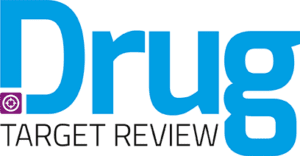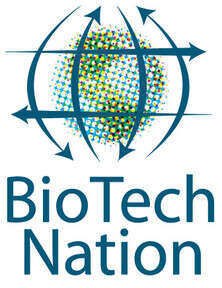
- | MeiraGTx
MeiraGTx gifts remaining gene therapy rights to J&J for up to $415M
MeiraGTx has handed off the remaining interests for a rare disease gene therapy to Johnson & Johnson in a deal that could reach $415 million.

- | Anima Biotech
The future of mRNA biology and AI convergence
In the rapidly evolving landscape of mRNA biology and artificial intelligence (AI), Anima Biotech stands at the forefront, a unique approach that reshapes our understanding of diseases and transforms the drug discovery process.

- | MeiraGTx
MeiraGTx gifts remaining gene therapy rights to J&J for up to $415M
MeiraGTx has handed off the remaining interests for a rare disease gene therapy to Johnson & Johnson in a deal that could reach $415 million.

- | MindMed
MindMed achieves positive topline results in phase 2b clinical trial
MindMed has announced positive topline results from its phase 2b clinical trial of MM-120 in generalized anxiety disorder, according to a company press release.

- | Araris Biotech
The future of lymphoma treatment
Araris currently focuses on oncological advancements. Philipp Spycher, the Co-Founder and CSO, leads this strategic vision, driving a shift in targeted cancer therapies.

- | Elixirgen Therapeutics
Managing Raw Material Variability for Autologous Cell Therapies
The most obvious variability, according to Akihiro Ko, CEO and cofounder of Elixirgen Therapeutics, is the disease severity and the condition of each patient.

- | Elicio
Accelerating Drug Development With Real World Data
This was more than an exercise in academic research. Driven by the recognition that vaccines and immunotherapy were not as effective as expected, the newly minted DeMuth co-founded Elicio Therapeutics, Inc. to explore why that was.

- | Aphaia
The Next Ozempic or Wegovy… But Without the Injection? Dr. Steffen-Sebastian Bolz, CSO, Aphaia Pharma
What’s next after Ozempic and Wegovy and the like? How about a drug in development which releases all the relevant hormones, and not just GLP-1. And doesn’t require injecting. Dr. Steffen-Sebastian Bolz from Aphaia (ah-phi-ah) Pharma explains their approach, currently in Phase 2.
